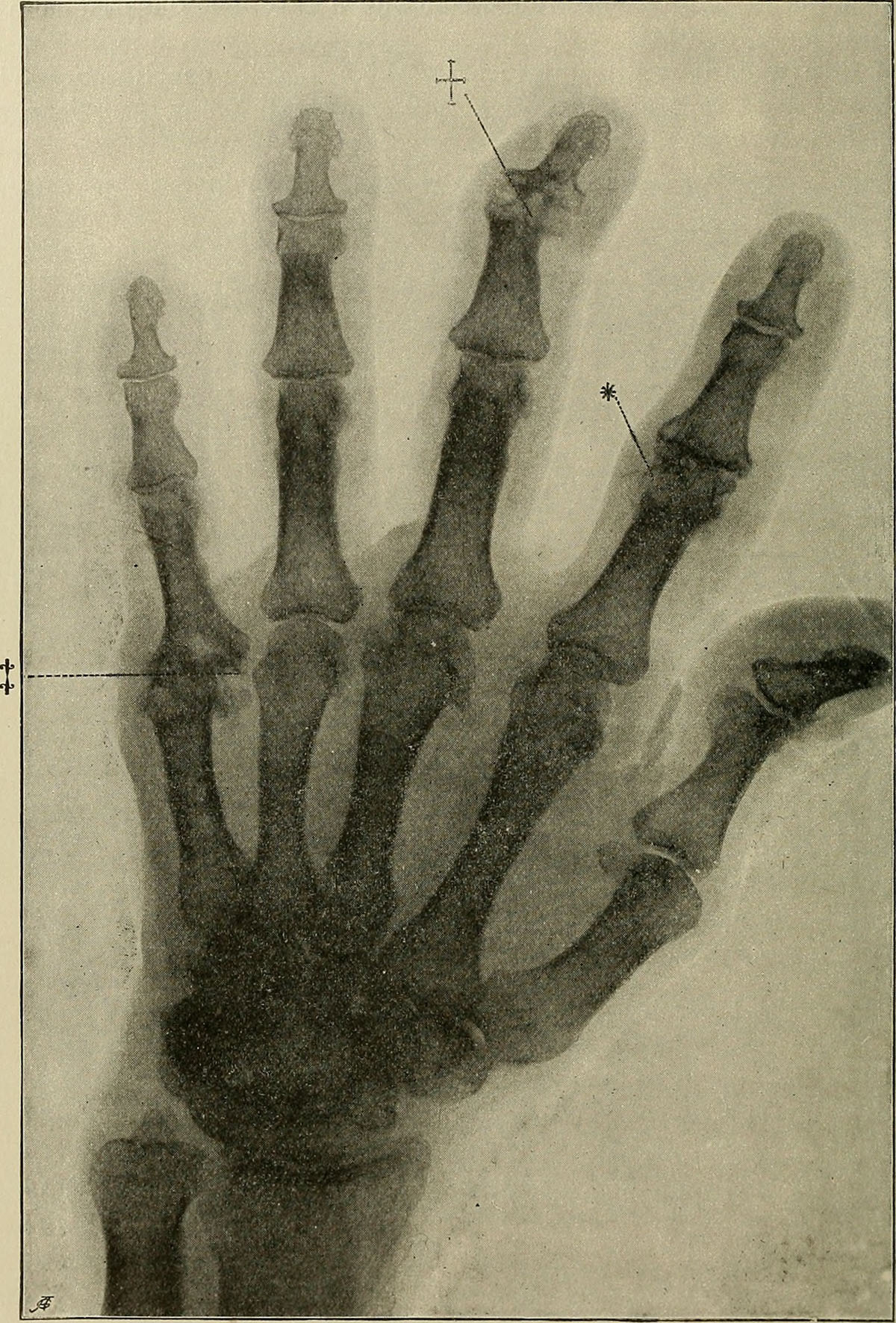
Indomethacin is a medication that belongs to non-steroidal anti-inflammatory drugs. Its main function is to alleviate pain and it also acts as powerful anti-inflammatory agent. This is why it is used in many inflammatory conditions such as arthritis. However, as it is the case with any medication even Indomethacin has several side effects.
Uses of Indomethacin
The drug is prescribed in patients suffering from certain medical conditions that are associated with inflammation and pain. Indomethacin is commonly prescribed to patients suffering from arthritis and gout. The drug acts as powerful inhibitor of substances called prostaglandins responsible for inflammation. Apart from being a good solution for arthritis and gout, inomethacin is prescribed in patients suffering from spondylosis, tendinitis and bursitis.
What are Side Effects of Indomethacin?
It is estimated that most common side effects associated with an intake of Indomethacin include headache, vertigo, dizziness, drowsiness, heartburn, indigestion, tinnitus, nausea and vomiting. Furthermore, the medication may cause diarrhea or constipation together with abdominal pain. There is also an increased risk for peptic ulcers and bleeding from the stomach.
More serious side effects of Indomethacin are connected to the cardiovascular system and they include peripheral edema, cerebral insufficiency and increase in blood pressure. Some studies have shown that prolonged intake of Indomethacin carries an increased risk for heart attack and stroke. The risk for such serious complications is higher in people who take Indomethacin than in those who are not treated with this medication.
Additional serious side effect of Indomethacin are leukopenia (drop in number of white blood cells), anemia (drop in red blood cells) and thrombocytopenia (drop in platelets).
Some patients may develop allergic reactions to medications. They are usually in a form of skin rash and in severe cases of allergy one may develop anaphylaxis and suffer from serious breathing difficulties and swelling of the face, lips and other parts of the body.
If the drug is taken for longer period of time the risk of damage to the liver and kidneys severely increases.
Some side effects of Indomethacin may be enhanced and developed due to the intake of the medication with other drugs. This is why a doctor must pay attention on what medications patient is taking and check for potential interactions. Furthermore, Indomethacin must never be taken together with alcohol. If one consumes alcohol while taking Indomethacin the risk for stomach bleeding significantly increases.
And finally, prior prescribing inomethacin a doctor must be familiar with all medical conditions a patient is suffering from. Some conditions may restrict the usage of Indomethacin and a doctor must opt for another medications. Even if the doctor prescribes Indomethacin during the treatment a patient must be monitored for potential side effects.










-Symptoms,-Diagnosis,-Treatment_f_280x120.jpg)






Your thoughts on this
Loading...